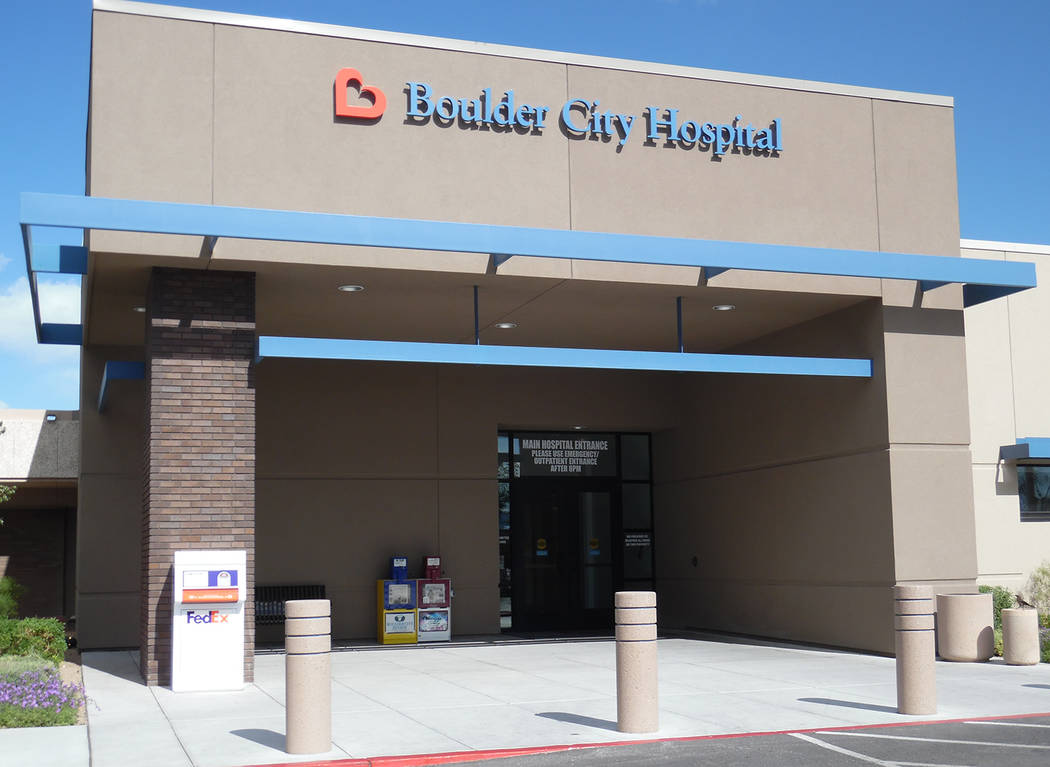Physical therapy aids recovery process
October is Physical Therapy Awareness Month. Physical therapy helps those who are experiencing pain, impairment or disability and can significantly improve their quality of life. PT not only treats patients with orthopedic injuries but patients who suffer from neurological issues, multiple sclerosis and strokes.
PT is a team effort, and that’s why it’s important to work with your physical therapist to achieve the best results for you.
PT involves the examination, evaluation and treatment of physical impairments through the use of special exercise, application of heat or cold, and other physical treatments. A physical therapist can work with you to manage or eliminate pain without medication and its side effects. In many cases, PT can be an alternative to surgery. A physical therapist will examine you and develop a plan of care using treatments to help your ability to move, reduce pain, restore function and prevent disability.
Physical therapy helps you achieve maximal function independence by improving and restoring mobility, strength and functional movement; physical therapy is also a regimen known to reduce pain. Many techniques are used in physical therapy including exercise, hot-cold therapy, electrical stimulation, deep tissue ultrasound, massage therapy and traction therapy.
Your physical therapist may start your treatment by having you perform activities and exercises that will help you understand how to improve your gait, without taking a single step. These exercises might include simple activities such as having you stand and lift your leg in place, to more complex strategies such as stepping in place and initiating contact with your heel to the ground before other parts of the foot.
Your physical therapist may employ neuromuscular re-education techniques to activate any inactive muscle groups that might be affecting your gait.
If the gait dysfunction is from significant weakness or paralysis of a ligament, your physical therapist may teach you how to use adaptive equipment such as a brace or splint to help you move.
Your physical therapist may prescribe balance activities for you to perform to help stabilize your walking pattern.
Your physical therapist will help you focus on retraining the way you walk. Because the underlying condition might be vestibular, neurological or muscular, variations in the training exist. Your physical therapist will design the safest and best training for your specific condition.
One system used for early standing training, gait training and high-level balance training is a supported ambulation system. It provides for safe ambulation and support over ground, stairs, parallel bars or equipment.
Boulder City Hospital has recently installed the Biodex FreeStep SAS in its therapy clinic. The Biodex FreeStep SAS is an overhead track and harness system that provides a safe ambulation environment for the therapist and patient. Without the fear of falling, patients can focus more fully on their tasks of gait and balance. Likewise, therapists can focus on assisting, rather than supporting.
Benefits of the FreeStep include minimizing the patient’s fear of falling down, increasing the patient’s confidence, reducing the patient’s inhibition and allowing patients to challenge themselves, and creating a safe environment for balance, strength and gait training.
The FreeStep system can be used with nearly any type of patient who is at risk of falling or just needs some extra confidence to reach their next milestone.
Patients who might benefit from using the FreeStep include those with diagnoses of stroke, multiple sclerosis, brain injury, Parkinson’s disease, spinal cord injury, balance disorder and amputation and anyone at risk of falling.
If you feel you would benefit from therapy services, speak with your physician about a referral.
Boulder City Hospital offers physical, occupational and speech therapy services in inpatient and outpatient settings. Boulder City Hospital accepts most health plans and Medicare for qualified services.
Remember, if your physician prescribes therapy, you have the right to choose your therapy provider.
Boulder City Hospital’s licensed rehabilitation staff will help you achieve your highest possible level of independence and improve your quality of life. Contact the therapy clinic by calling 702-698-8333.
To Your Health is provided by the staff of Boulder City Hospital. For more information, call 702-293-4111, ext. 576, or visit bouldercityhospital.org.
















